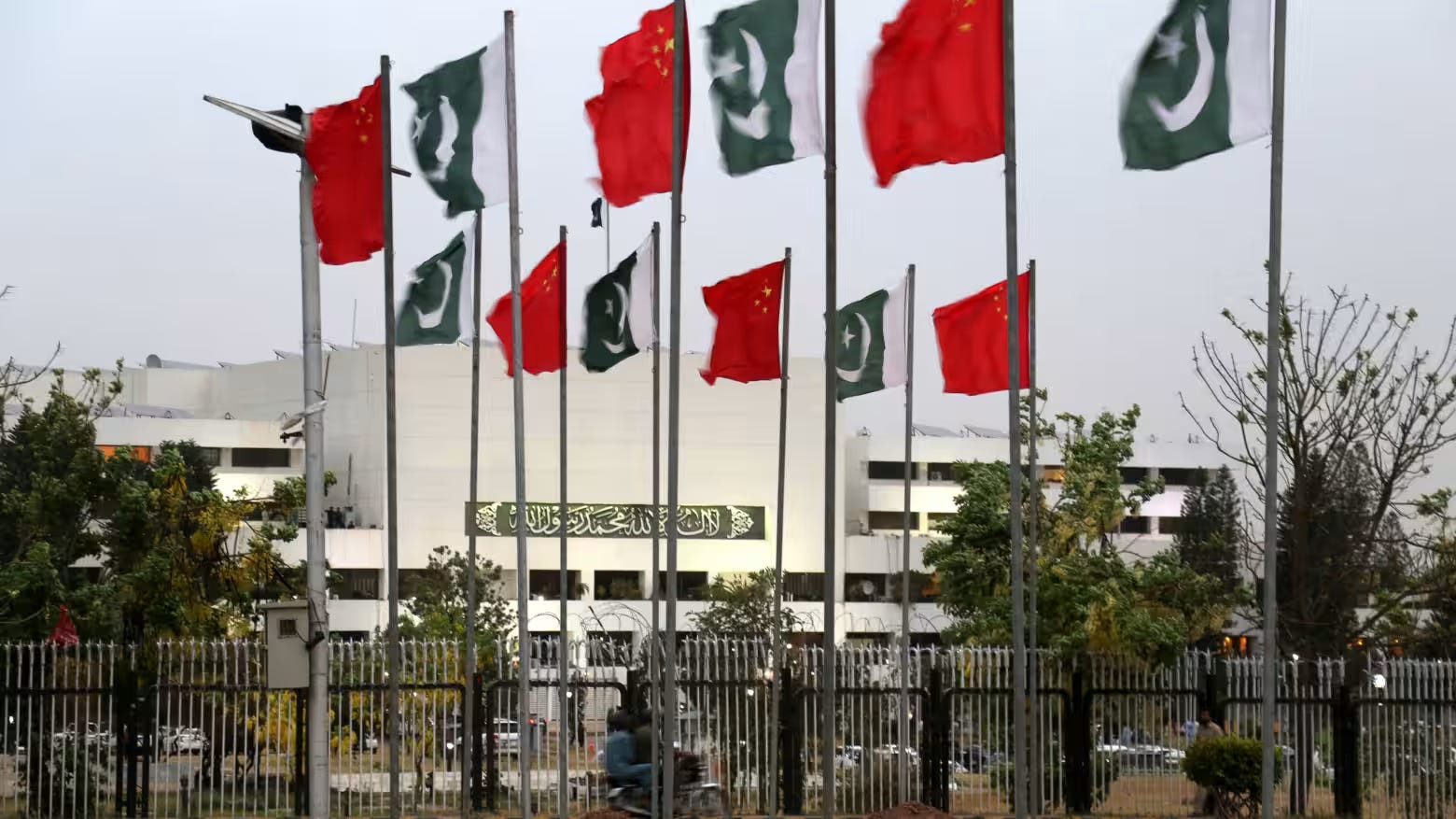Pakistan-China Joint Security Venture: From Denial to Confirmation
The Truth Behind Pakistan-China Joint Security Companies Comes to Light
Dear Readers,
A significant development unfolded Tuesday in the National Assembly’s Standing Committee on Planning Development. The committee revealed that China has proposed the creation of a joint venture security company in Pakistan, a proposal that is now under active consideration by the government.
This confirmation is striking, especially given the government’s previous stance on the matter. When foreign media, including myself, initially reported on this possibility, the Ministry of Foreign Affairs dismissed these reports outright. It labeled them as “motivated by an agenda to create confusion about the nature of the Pakistan-China relationship.”
Such a sharp rejection left no room for debate, portraying these reports as baseless and driven by ulterior motives. And yet, here we are today with the government itself validating the same information. This stark reversal forces us to confront an important question: if the reports were accurate all along, why were they denied so emphatically?
The Bigger Picture
The proposed joint venture security company is undoubtedly tied to the longstanding challenges around securing the China-Pakistan Economic Corridor (CPEC). Over the years, attacks on Chinese nationals and infrastructure have threatened the partnership, pushing both nations to explore tighter security arrangements.
From a strategic perspective, the proposal seems practical. However, the way it has been communicated—or rather, miscommunicated—raises concerns. By dismissing accurate reports and later confirming them, the government risks damaging its own credibility.
This situation also underscores the broader issue of transparency in governance. Dismissing genuine concerns as “agenda-driven” not only misleads the public but also creates confusion, leaving citizens unsure of what to believe. If anything, this incident reinforces the need for clarity and consistency in how critical issues are communicated to the people.
What Lies Ahead
The acknowledgment of a potential joint security venture adds another layer of complexity to the Pakistan-China relationship. While the partnership continues to grow, its evolving nature requires open dialogue and trust—not just between governments, but also with the public.
At this point, it’s fair to ask: If reporting the truth was seen as a threat to the Pakistan-China relationship, what does it mean when the government itself admits to the same truth? Is the government now operating under the very “agenda” it accused others of having?
As we move forward, the focus should not just be on ensuring the success of such security arrangements, but also on fostering transparent communication. After all, a relationship as significant as Pakistan and China’s deserves more than mixed messages and denials.
Best Regards,
Adnan Aamir





